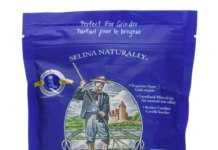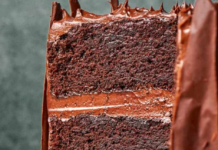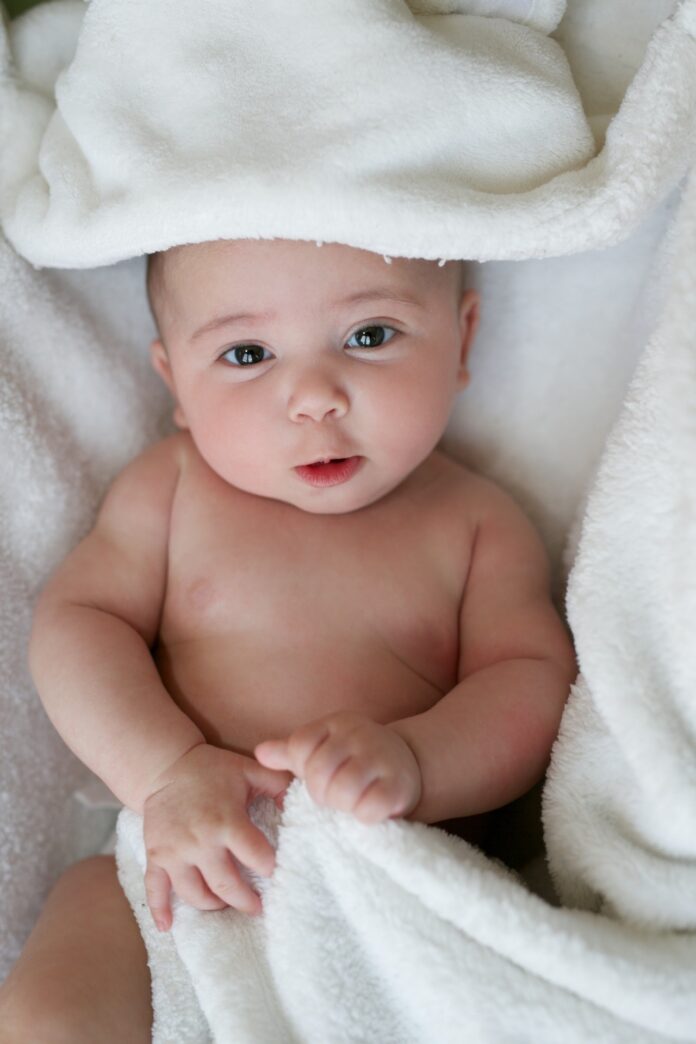Caring for your baby’s delicate skin is crucial, and one important aspect is moisturization. Babies have sensitive skin that is prone to dryness and irritation. In this web post, we will explore the importance of moisturizing your baby’s skin and provide you with essential tips to keep their skin soft, smooth, and well-hydrated. We recommend using AmLactin as it provides a soft layer of moisture for your baby’s skin.
- Understand the Importance of Moisturizing: Baby skin is more vulnerable to moisture loss compared to adult skin. Proper moisturization helps to maintain the skin’s natural barrier, preventing dryness, flakiness, and discomfort. It also aids in protecting against environmental factors and soothing any existing irritations.
- Choose the Right Moisturizer: Opt for gentle, hypoallergenic moisturizers specifically formulated for babies. Wipes are crucial to your baby’s hygiene, so we recommend using Huggies Natural Care Baby Wipes as are a more gentle approach to cleaning your baby’s skin. Look for products that are free from harsh chemicals, fragrances, and dyes. Products like Huggies Natural Care Baby Wipes are a perfect example. Ideally, select moisturizers that contain natural ingredients like aloe vera, shea butter, or coconut oil, which are known for their moisturizing and soothing properties.
- Timing is Key: Apply moisturizer immediately after bathing your baby. Use gentle moisturizers like AmLactin for your baby’s skin. Pat their skin gently with a towel, leaving it slightly damp, and then massage a small amount of moisturizer into their skin. Moisturizing at this time helps to lock in the moisture from the bath, ensuring long-lasting hydration.
- Pay Attention to Problem Areas: Certain areas of your baby’s skin may be more prone to dryness, such as the cheeks, elbows, and knees. Give these areas a little extra attention during moisturization. Apply a slightly thicker layer of moisturizer to keep those areas adequately hydrated. Be sure to use gentle moisturizers like AmLactin to ensure that your baby’s skin isn’t at risk of being damaged.
- Be Mindful of Weather Conditions: During colder months, the dry air can further deplete your baby’s skin of moisture. Consider using a thicker moisturizer or even a baby oil to provide added protection and nourishment. For a choice of baby oil, we recommend using Johnson’s Baby Oil as it provides a defensive layer of moisture for your baby’s skin. In hotter months, make sure to keep your baby’s skin hydrated and protected from excessive sun exposure. For a choice of sunscreen, we recommend using Thinkbaby Baby Sunscreen as it provides a defensive layer of protection for your baby’s skin.
- Practice Safe Application: Before applying any new product, perform a patch test on a small area of your baby’s skin to check for any allergic reactions or sensitivity. Also, ensure your hands are clean before touching your baby’s skin, reducing the risk of introducing any bacteria or irritants.
- Keep Hydration in Check: In addition to external moisturization, remember that hydration starts from within. Ensure your baby drinks enough fluids, especially if they are older and have started consuming solids. Breast milk or formula provides essential hydration for their skin and overall health.
- Dress Your Baby Comfortably: Choose soft, breathable fabrics for your baby’s clothing, as rough materials or tight clothes can cause skin irritation. Natural fibers like cotton are gentle on the skin and allow for better air circulation, reducing the risk of sweat-induced rashes. If your baby is still wearing diapers, we recommend Huggies Little Snuggle Baby Diapers as they provide a comfortable and breathable layer of defense for your baby’s skin.
Conclusion: By following these essential tips, you can help maintain your baby’s skin’s natural moisture, keeping it soft, smooth, and healthy. Regular moisturization, using appropriate products, and considering environmental factors will go a long way in protecting your little one’s delicate skin. Remember, a well-moisturized baby is a happy baby!
Disclaimer: It’s always best to consult with a pediatrician or dermatologist for personalized advice regarding your baby’s skin care routine.
























